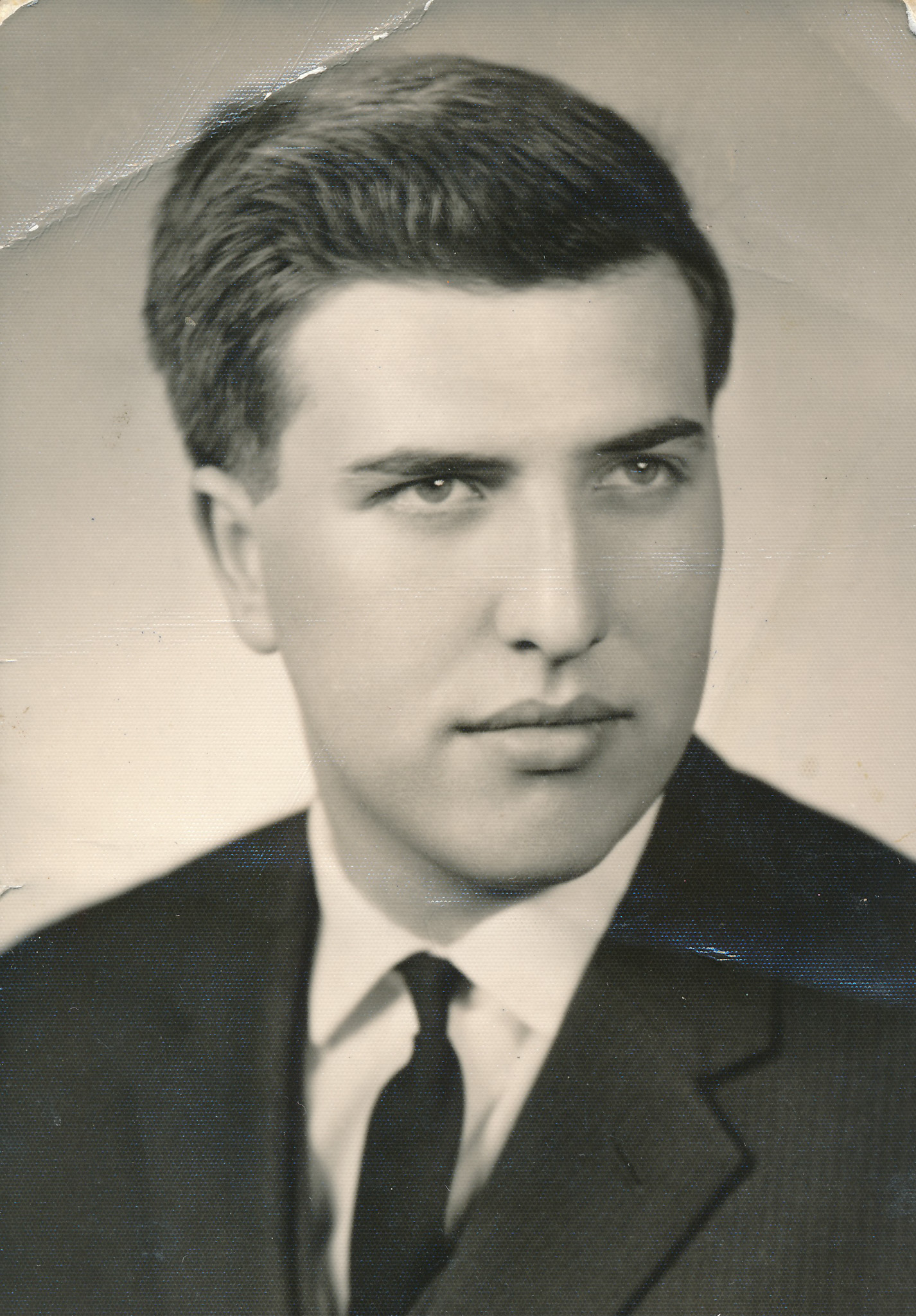I was pleased that my parents didn‘t hide my origins

Stáhnout obrázek
Ivan Bialik was born on 4 June 1946 in Spišská Nová Ves, Slovakia, in the Košice region to Herman and Anna Bialik. Although he was born with the surname Bialik, his brother was born as Weiss. His father changed his German-sounding name to a Slovak one with a similar meaning before the end of the war. During the Second World War, his parents and his older brother were in hiding so that they would not be transported to a concentration camp as Jews. Ivan Bialik started primary school in Dunajská Streda. After the first year, the family moved to Bratislava, where his father found a job. In 1960, he entered the secondary school of building industry. After graduation, he entered the Faculty of Construction at the Slovak Technical University in Bratislava. In the fourth year of his university studies, in the summer of 1968, he left for a temporary job in Israel. At Kibbutz Kfar Masaryk he learned about the invasion of the Warsaw Pact troops and stayed in Israel. In 1969, he completed his university studies at the Faculty of Civil Engineering in Haifa. In 1970 he married a woman of Slovak origin, with whom he raised three daughters. The family settled in the town of Nahariya. In 1976, his parents also came to Israel. His father died prematurely two years later, his mother in 2005. Ivan Bialik worked in the construction industry. In 1999 he established working contact with Czech companies. In 2005 he settled permanently in Prague, where he lived in 2024.







